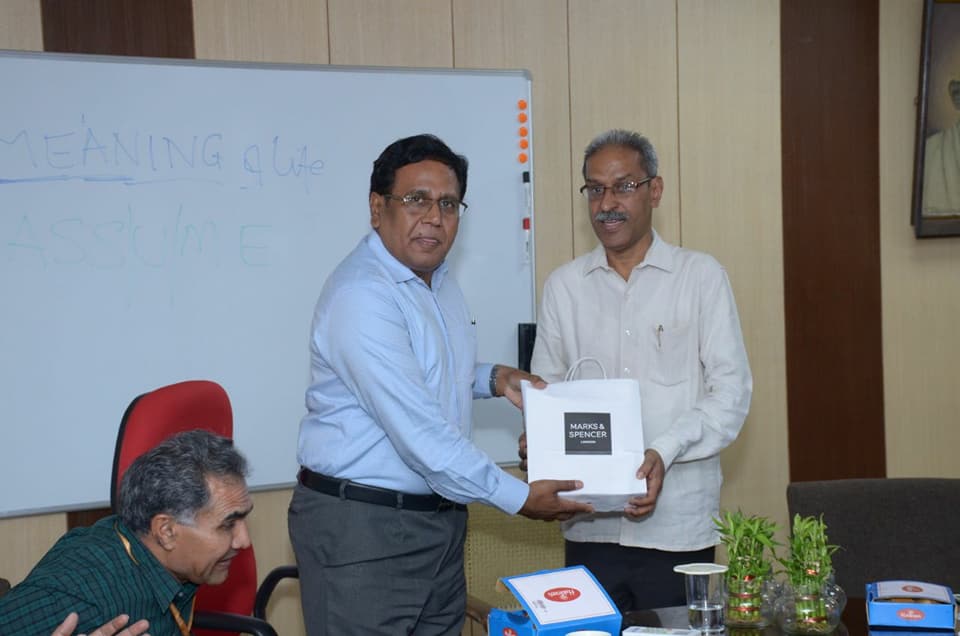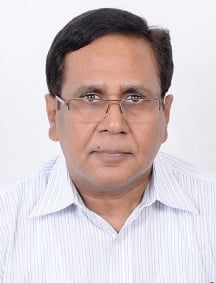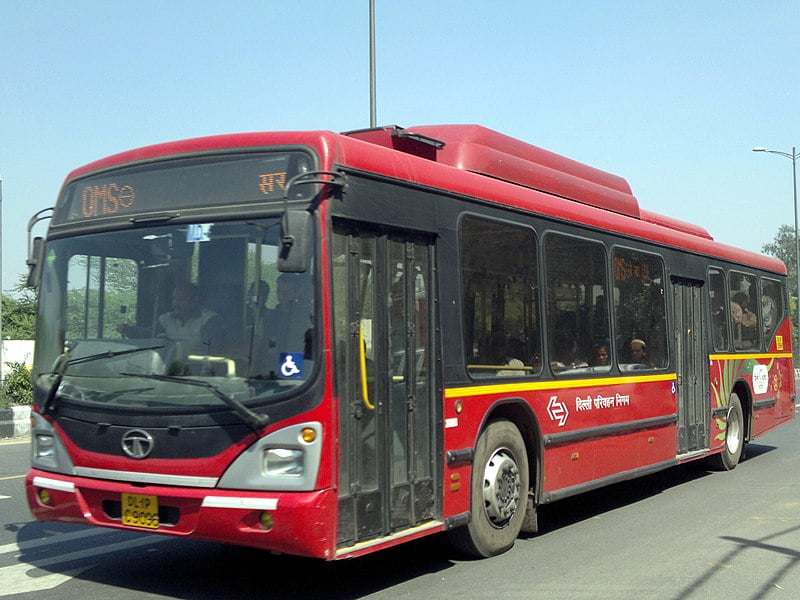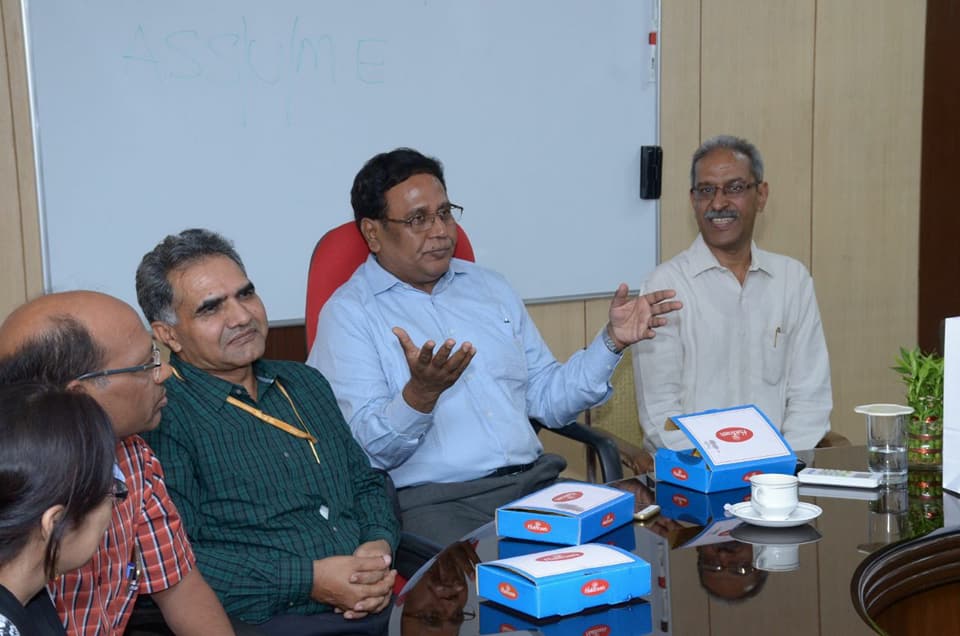Once upon a time, the Queen of the roads – Delhi Transport Corporation (DTC) – is today like an aged widow, past her prime. It does not have more than half the things required to run an efficient organization or transport service. Firstly there are not enough buses. Even if floats tenders and is ready to buy the buses, there aren’t many bus manufacturers who can make a delivery on demand. There is always a time-lapse as each of them does not have a production capacity to manufacture more than 100 buses at a time. Also even if DTC manages to line up all the key stakeholders – itself (buyer), budget (money) and manufacturer (supplier), there aren’t enough drivers or conductors to operate the bus service. Excerpts from an interview with — DTC, Chairman, and Managing Director, Manoj Kumar a 2002 batch IAS UT Cadre officer.

 Q, One of the problem areas is that once a bus goes out of the depot, you have no idea about its whereabouts and location until it comes back to the depot. What are the technologies that you are trying out to improve the quality of service and efficiency of DTC?
Q, One of the problem areas is that once a bus goes out of the depot, you have no idea about its whereabouts and location until it comes back to the depot. What are the technologies that you are trying out to improve the quality of service and efficiency of DTC?
A. To control the network of buses we are going to install GPS & CCTV cameras in our buses so that everything is recorded and surveillance can be done through a centralized control room. The transport department of the Delhi government has already floated a tender but the tender was not successful. But we are trying our best to overcome this deficiency so that we can access the live report of every bus and figure the location of every bus in real time. We are also experimenting with apps through which can predict when the next bus will come. We are working towards a GPS enabled environment where all this is possible.
Q: You seem to be facing a catch 22 situation, on one side there are no buses, even if you have the budget and are ready to buy new buses, the manufactures can’t meet the demand. And even if they somehow manage to do so, there aren’t enough drivers, conductors and maintenance staff?
A. See this is not a static environment it is a dynamic environment. Buses do phase out but the repair and maintenance is a continuous process.

Q. Yours seem to be occupying many acres of prime property all over Delhi for the bus depots, why can’t we have underground parking and maintenance bays where these buses can be parked? This way, you need lesser space at the ground level. On the other hand, if we try to have multi-level parking above ground, we may need elevators or lifts – and it would consume too much energy or fuel to move the heavy buses on the first or second floor above ground?
That’s not true, going down is much more expensive than going up. It is much easier to elevate as compared to going down then. When we go down there is no light and since Delhi is a rocky area you have to do a lot of tunneling to go down. We may have to come up with innovative solutions in the future. I too have seen it is being done in countries like Hong Kong since the last 30-40 years. It is a proven technology, we too can use it. We would like to experiment with that in the future. We would like to develop depots like that…
Q. Do you foresee a bleak future for the DTC?
A. Well as you can see, the size of our fleet size has gone down. We are not allowed to run diesel buses so we run them on CNG buses. This is one of the reasons why we have been unable to procure any buses after the commonwealth games. I believe that people would like to gravitate towards that any service provider who provides them better service. Metro is new… it is air-conditioned. Though some of our buses are also air-conditioned; but sometimes they are very cramped due to the rush. I don’t think that our ridership has gone down it is just that we have to increase our fleet size.
Q: How serious is the problem of shortage of staff like drivers and conductors in DTC? How are you trying to improve the situation are train the drivers at the pre-induction as well as up-gradation of skills in the middle of their career?
A. We normally give extensive training to the drivers for 6 months. Every driver has to undergo a mandatory 2 days refresher course which we have developed in consultation with Delhi Traffic Police, engineers and some NGO’s. Apart from this, we have roped in some NGO’s for imparting training, skill up gradation, first-aid, Cardiopulmonary resuscitation (CPR) and many such things. We are also conducting regular health checkups for checking eyesight and educating the staff for good health. We are trying our best.

Q: Are you planning to implement electric buses in the future?
A: We have the largest CNG fleet in the world. Apart from that, we have tried a number of electric buses. Now that the FAME II scheme is being launched, we would like to make the most of it and be very keen on procuring electric buses. Let’s see what happens. In the past Hydrogen cell buses were also being talked about. We would be keen and are in talks with many people for LNG buses also. We are open to all the experiments.
Q: What is the main hurdle that you are facing because of the shortage of drivers? Why is this a big problem, that not only you but the other public transport operators are facing?
A: The shortage of Drivers is one of the main causes of concern for us because, to apply for a heavy commercial vehicle license, the drivers have to be at least high school pass out. This is not an easy task, that is why we haven’t been able to recruit more than 400 drivers in the past year. Prior to 2006, the minimum educational qualification required for drivers to join DTC was that they just needed to read and write. The only criteria were they just had to be literate, even Urdu speaking people could join. In 2006 Delhi High Court passed an order that the DTC bus drivers should be at least 12th pass. But since there were hardly any 12th pass drivers who were willing to join DTC, the minimum educational qualification bar was changed to a 10th pass. This may be the highest qualification for drivers in any STU all over India. From 2007, 2008 onwards, DTC has been recruiting drivers through Delhi Subordinate Services Selection Board BSSSB. All these drivers are 10th pass and above. Now, we also have graduate as well as postgraduate drivers.
Q: What are the mandatory requirements from the people who apply for heavy vehicle driver’s license?
To get a driving license for heavy vehicle one has to be trained on Light motor vehicle for 3 years. DTC’s scrutiny at the time of recruitment of drivers (regular + contractual) is very high. The documents are thoroughly verified followed by a driving test conducted by our training school. If the driver passes this test they proceed for medical test as per the strict DTC norms.

